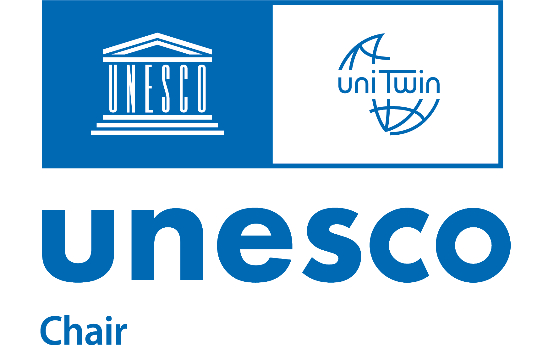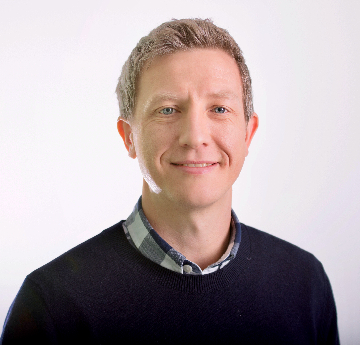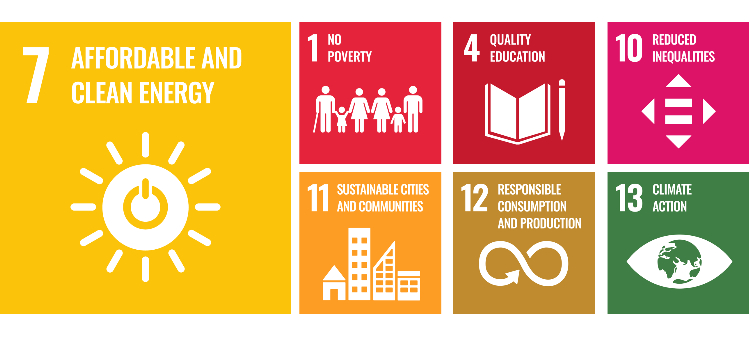The UNESCO Chair in Sustainable Energy Technologies (SET) is dedicated to the development of low-cost, efficient and sustainable solar technologies. It focusses on their manufacture and use within a circular economy in Africa and low and middle income economies.
In collaboration with colleagues at Swansea and partners across these regions, Professor Matthew Davies is co-ordinating a network to develop next-generation printable photovoltaic technologies for low and middle-income countries.
The Chair was awarded in 2024 for an initial four-year period.



